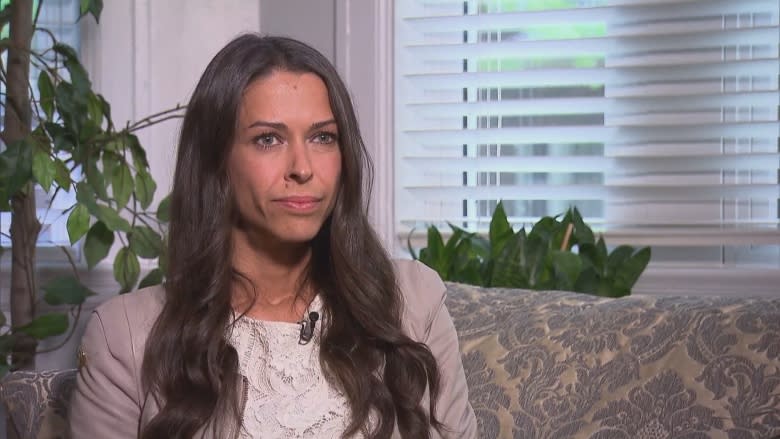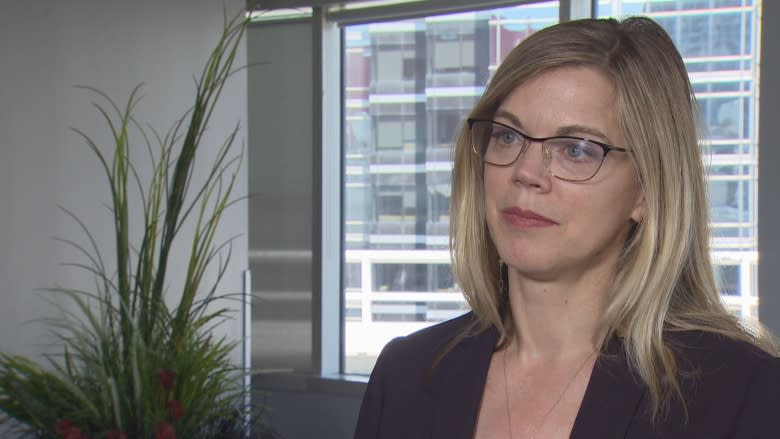Tears, cheers and defiance follow Weinstein rape charges
From the tremendous relief and tears of complainants to the stern defence of his lawyer, reactions were swift on Friday after disgraced film producer Harvey Weinstein surrendered to police in New York City to face sexual assault and rape charges.
It was the latest chapter in a story that broke in October when the stories first appeared the New Yorker and the New York Times about decades of alleged sexual misconduct by Weinstein.
Weinstein "used his position, money and power to lure young women into situations where he was able to violate them sexually," prosecutor Joan Illuzzi said Friday.
Dozens of women have come forward, levelling accusations against both Weinstein and — as part of the larger #MeToo movement that followed — other powerful men in business, entertainment and politics.
Jodi Kantor, one of the investigative journalists at the New York Times who broke the Weinstein story, noted the "tremendous" significance of his arrest.
"Harvey Weinstein always had his own private system of justice," she said during an appearance on CBS This Morning.
"He would hire private investigators. He would hire fancy lawyers to settle allegations that, it turns out, nobody knew about for years and years afterwards. There was an NYPD inquiry into his behaviour in 2015 that mysteriously disappeared. So this is kind of the first time he's facing the same justice system as the rest of us."
The arrest was "very satisfying and also scary at the same time," for Marianne Trudel, a Montreal-based model who alleges Weinstein assaulted her in a New York City restaurant in 2008. She filed a complaint with police in October.
Trudel told CBC Montreal her heart was racing when she first heard word of the impending arrest.
"It was a very powerful moment for me," she said, applauding the courage of the other women who came forward and expressing hope for real, societal change.
"I'm a mother and it makes me happy to know these things will be much more difficult for these predators."
Hope Exiner d'Amore, who alleges Weinstein raped her in a hotel room in Buffalo, N.Y., in the late 1970s, told the New York Times she burst into tears in a department store on Friday when she heard the news about the charges, stemming from incidents with two separate and unidentified women in 2004 and 2013.
Exiner d'Amore said she is still not "even close" to sorting out the impact of what she says happened when she was working for Weinstein's Buffalo-based pre-Miramax concert promotion company.
Passage of time a challenge
Speaking to reporters in New York City, Weinstein's lawyer suggested the prosecution's case is undermined by the length of time since the alleged attacks.
"Many of these allegations are long overdue, quite frankly, having been made about events that are alleged to have occurred many years ago," Benjamin Brafman said.
"I anticipate that the women who have made these allegations when subjected to cross-examination, in the event we even get that far, that the charges will not be believed by 12 people, assuming we get 12 fair people who are not consumed by the movement that seems to have overtaken this case."
A lawyer with the Paradigm Law Group in Toronto agreed that the passage of time is perhaps the biggest challenge to the prosecution's case, along with questions about why the complainants didn't come forward sooner.
"I can completely understand — and science is beginning to — why women don't come forward sooner. But it's a very common line of attack in cross-examination," Robin Parker, who has both prosecuted and defended sexual assault cases, told CBC Toronto.
But she says people tend to freeze up when confronted with trauma. For young, vulnerable women caught in the machinery of Hollywood, and under Weinstein's considerable power, the freezing up can last a lot longer than any single incident.
"In Hollywood, survival didn't just mean literally surviving the interaction itself, but in a large sense, [preserving] their careers, their hopes and ambitions."
For actress Rose McGowan, who said Weinstein raped her at the 1997 Sundance Film Festival, his arrest represented "a big strike into the heart of abuse of power."
"This shows people worldwide … that this cannot and will not stand," she said during a Friday morning appearance on NBC's Today.
"This man had hunting grounds all over the world, and he had accomplices and a complicity machine," McGowan said. "There will always be sociopaths and predators like Harvey Weinstein, but I find his complicity machine a lot more guilty."



